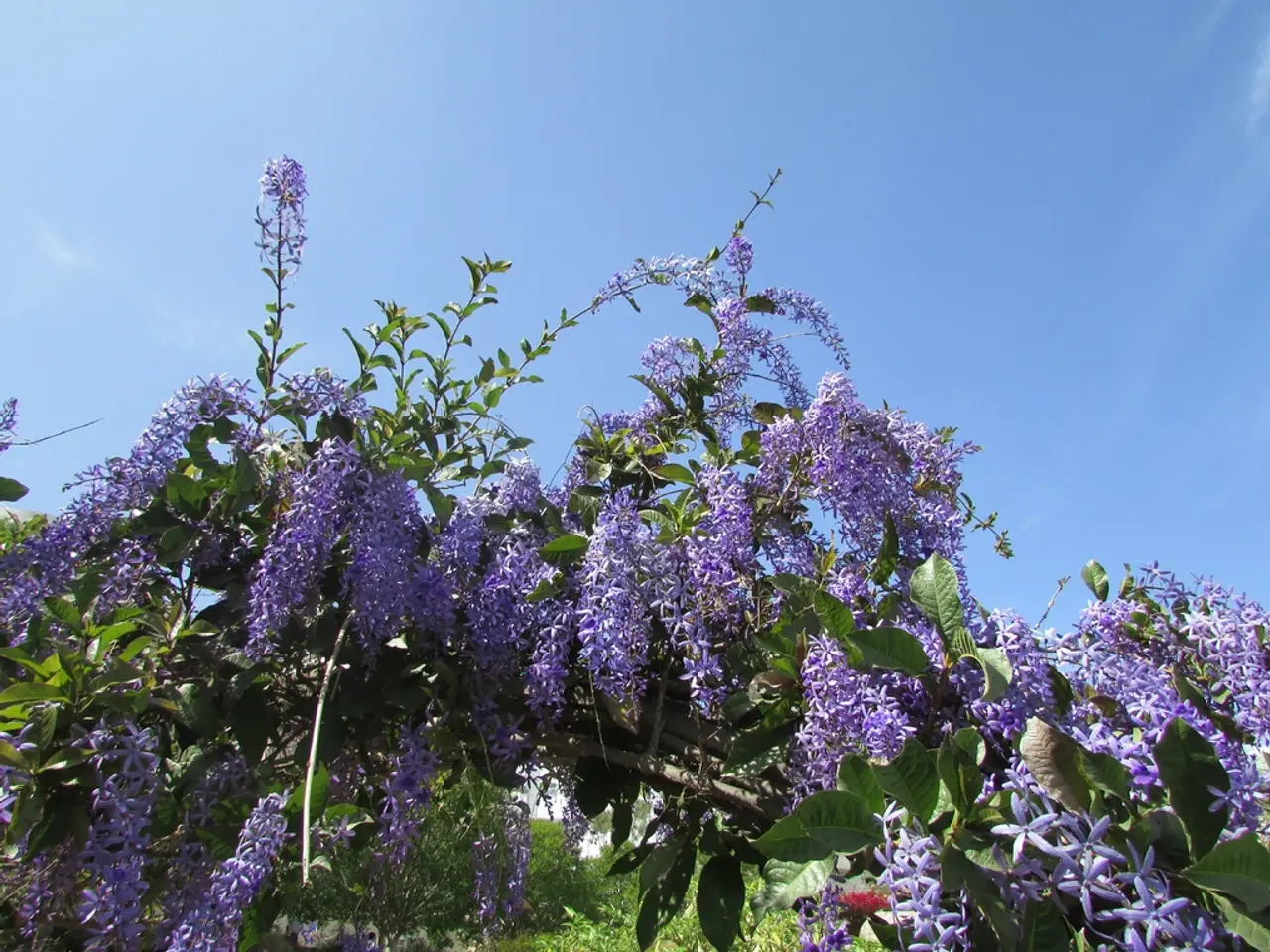Golden Shower Tree, known as Cassia Fistula, is a captivating embodiment of aesthetics, tradition, and ecological splendour.
The golden shower tree, scientifically known as Cassia fistula, is a versatile and valuable plant with a rich history in traditional medicine. This medium-sized deciduous tree, belonging to the Fabaceae family, is known for its distinctive features and therapeutic properties.
Typically reaching heights of 10 to 20 meters, the golden shower tree's most striking feature is its profuse flowering during the dry season. Long, pendulous racemes of bright yellow flowers adorn the branches, adding a vibrant touch to its surroundings. The fruit of Cassia fistula is a cylindrical pod, often referred to as a "pudding pipe."
In various cultures, Cassia fistula holds a revered place. It is the state flower of Kerala in India, the national tree and flower of Thailand, and a common plant near Buddhist temples in Sri Lanka.
Cassia fistula's medicinal value lies in its bioactive compounds, such as flavonoids, saponins, anthraquinones, tannins, glycosides, and phenolic acids. These compounds contribute to its antioxidant, anti-inflammatory, antimicrobial, and hepatoprotective activities.
One of the key medicinal uses of Cassia fistula is as a laxative. The pulp inside the pods acts as a natural laxative to treat constipation and improve digestion. Its anti-inflammatory properties, derived from the leaves and bark, help reduce swelling and pain, beneficial for conditions like arthritis and joint issues.
Cassia fistula's antimicrobial effects are useful in treating skin infections, acne, and wounds, promoting faster healing. Its detoxifying properties have been traditionally used to purify the blood and detoxify the body. Furthermore, it helps treat skin infections and accelerates wound healing.
Scientific investigations, as reported in journals such as the Journal of Herbal Medicine, demonstrate Cassia fistula’s effectiveness in these areas, highlighting its laxative, antimicrobial, and anti-inflammatory activities. Research also suggests its potential for managing oxidative stress and gastrointestinal disorders, supporting its traditional applications.
While there is strong scientific backing for these uses through phytochemical analysis and pharmacological studies, clinical trials in humans might be more limited and could be an area for further research.
Despite this, the golden shower tree continues to be a medicinally valuable plant with significant potential, particularly in treating constipation, inflammation, microbial infections, and for detoxification purposes. Its rich history and scientifically validated effects make it a worthy subject for further exploration and development in modern medicine.
- The golden shower tree, with its acquired value in environmental science due to its bioactive compounds, could potentially contribute to health and wellness by aiding in the management of medical-conditions such as constipation and inflammation.
- Beyond its vibrant appearance in home-and-garden settings and landscaping, the versatile golden shower tree offers benefits in the realm of lifestyle and fashion-and-beauty, chiefly its antimicrobial effects that can treat skin-conditions like acne and promote faster wound healing.
- As global concerns about climate-change escalate and the importance of sustainable environments is highlighted, the environmental-science implications of the golden shower tree, a plant with adaptability to dry seasons, could make it a valuable asset in home-and-garden practices such as gardening.
- In addition to its traditional medicinal uses, recent scientific investigations demonstrate the golden shower tree's potential for modern medical applications, with promising results in areas such as gastrointestinal disorders and oxidative stress.
- In the realm of health-and-wellness, the golden shower tree's rich history and scientifically validated effects provide an opportunity for collaboration in interdisciplinary research, marrying traditional practices with contemporary approaches in medicine and the health industry.





